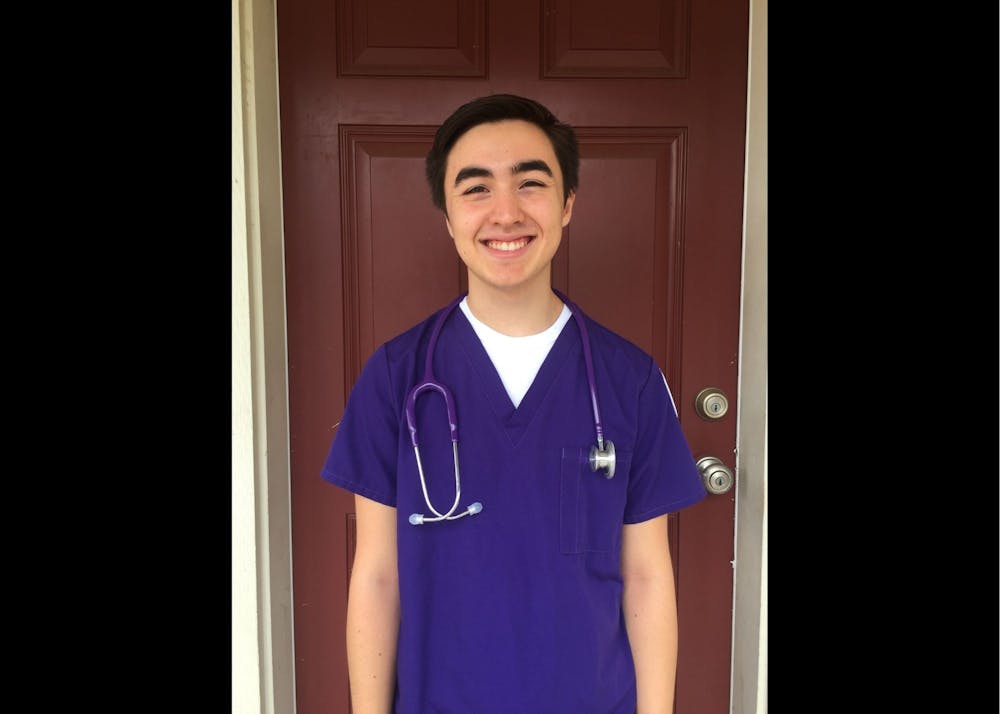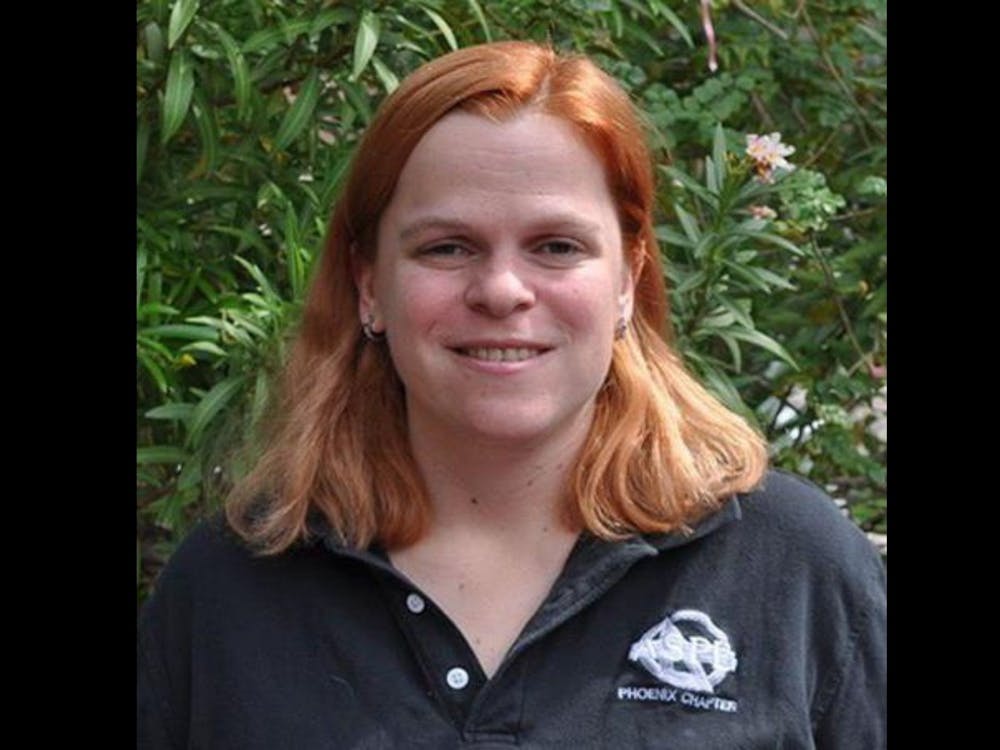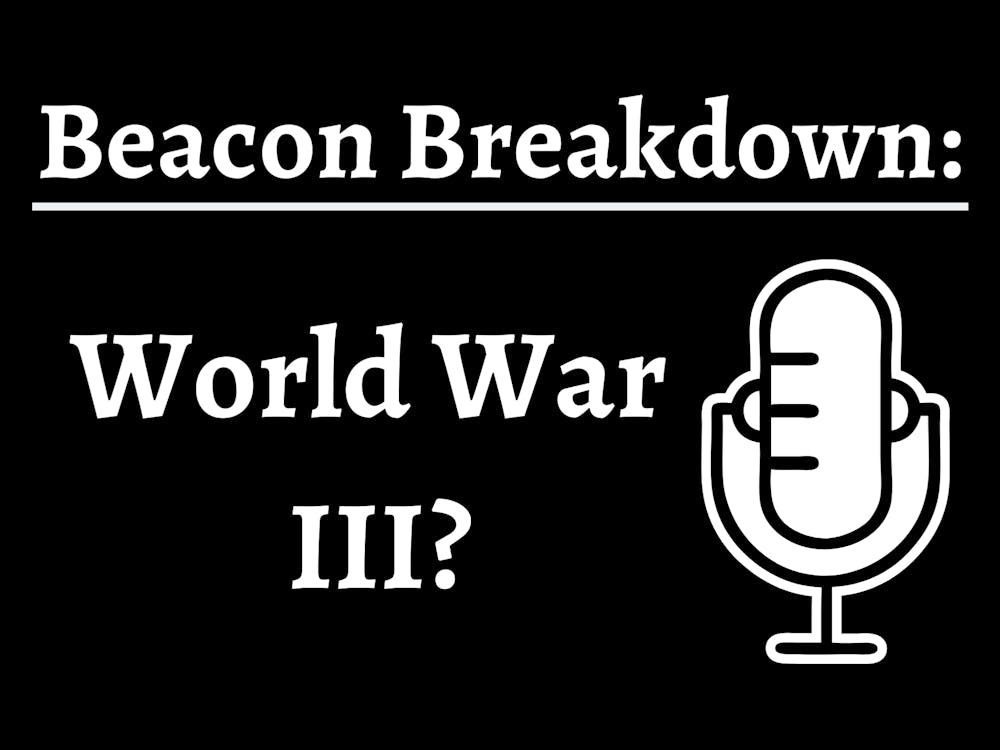In the light of the Sharonell Fulton, et. al. v. the City of Philadelphia hearing on Nov. 4, Amy Coney Barrett’s confirmation into the Supreme Court on Oct. 26, and comments made in the July 1 Beacon article “Racism, Sexism, Tokenism: My Experiences as a Woman of Color at University of Portland,” I think a few things need to be said. Back when the op-ed was published by The Beacon, I brought it to my family’s attention. It was an incredible piece that brought to light many horrible things that have been done within UP. However, at the section regarding LGBTQIA+ discrimination, a family member commented “not nice, but they can probably get away with it,” which to this day disturbs me. Religious freedom is important, but why is it touted as more important than a person’s civil liberties?
The Establishment Clause of the First Amendment states that “Congress shall make no law respecting an establishment of religion, or prohibiting the free exercise thereof”. This has been widely interpreted as necessitating a separation of church and state. But if every citizen of the U.S. has a guarantee that the government will not impinge upon, or further, their religious practices, why have federal courts been involved in cases such as Sharonell Fulton, et. al. v. the City of Philadelphia?
The Civil Rights Act of 1964 prohibits employer discrimination based on race, color, religion, sex and national origin. While Title VII under the Civil Rights Act does in fact grant an exception to religious organizations for employment discrimination, it is limited solely to employment preference for a person’s religion (i.e. hiring a Catholic teacher at a Catholic school), and does not extend to protected classes such as race, color, national origin or sex. Further, the protected classes under the Civil Rights Act was extended by the Supreme Court this June, ruling that sexual orientation was included in the word “sex” as a protected class.
This is why the federal government is involved in the Sharonell Fulton case. The city of Philadelphia holds an anti-discrimination policy that includes the same protected classes as the Civil Rights Act, a policy which Catholic Social Services violated by refusing to allow same-sex couples to foster children through its agency, resulting in their city contract ending.
CSS is clearly in the wrong in my opinion, but lawyers for CSS said that they are being unfairly “punished”. They make it sound like they are the subject of targeted and unfair discrimination by those in power, completely glossing over the fact that they themselves were actively practicing unfair discriminatory policies. Per the Establishment Clause, public funds should not be distributed to organizations such as CSS who are actively forcing their religious beliefs on citizens of the United States. Public funds are meant to be used to improve the livelihood of all citizens of the U.S., not just one group of them.
Christianity has been afforded the ability to enforce its beliefs on the citizens of the U.S. to the point that Justices Alito and Thomas believe that Obergefell v. Hodges actively suppresses religious liberty. Sodomy laws in the U.S., which were actively used to discriminate against LGBTQIA+ people, were not even deemed unconstitutional until 2003 through the case Lawrence v. Texas, and marriage equality wasn’t granted until 2015! Conservative Christianity has been a roadblock towards equal treatment under the law of the LGBTQIA+ community continuously, and the freedom of discrimination that has been afforded to it is disgusting.
Alexandria Ocasio-Cortez said, “When politicians use faith as an excuse to pass and uphold laws that seize control of people’s bodies but not guarantee them healthcare, feed the poor, shelter the homeless, or welcome the stranger, you have to wonder if it’s really about faith at all,” and I find myself agreeing with her. These laws that have been struck down and the continuous battering of any efforts to advance the rights of the LGBTQIA+ community are not about keeping true to a person’s faith, they are about controlling a vulnerable population and punishing them for not holding the same worldview.
Make no mistake, I do not wish to see the end of religious freedom. That is an unalienable right that must be upheld for every U.S. citizen. However, I think the time for Christians to rally against the brazen homophobia and transphobia that many members of their community hold has been here for far too long. There are pastors in your communities who happily and loudly preach “Death to homos”, and it's time for Christians to do something about that.
For Christians who are reading this — what are you doing to help? Do you believe that discriminating against LGBTQIA+ people is immoral because your God loves everybody? That’s a good place to start, but just stating that does nothing to cause change, and only serves to comfort yourself by distancing yourself from extremist ideologies. You still pray to the same God as the pastor who thinks LGBTQIA+ people should be put to death, so what measurable action are you going to take to ensure that people like him are not able to discriminate against LGBTQIA+ people?
A good place to start is here at UP. Discrimination does not make its way into the federal government overnight. It begins in our homes and communities and spreads outwards. Will you hold UP administrators accountable and advocate against their job discrimination towards LGBTQIA+ employees? What about getting the administration to explicitly include gender in their anti-discrimination policy? Will you donate your time and money to organizations that support advancing LGBTQIA+ rights? What about voting for those who will actually support the rights of all people while they are in office?
Alex Griesbaum
UPSON Class of ‘21
Alex Griesbaum is a senior nursing major. He can be reached at griesbau21@up.edu.
Have something to say about this? We are dedicated to publishing a variety of viewpoints and we’d like to hear from you. Voice your opinion in The Beacon.








